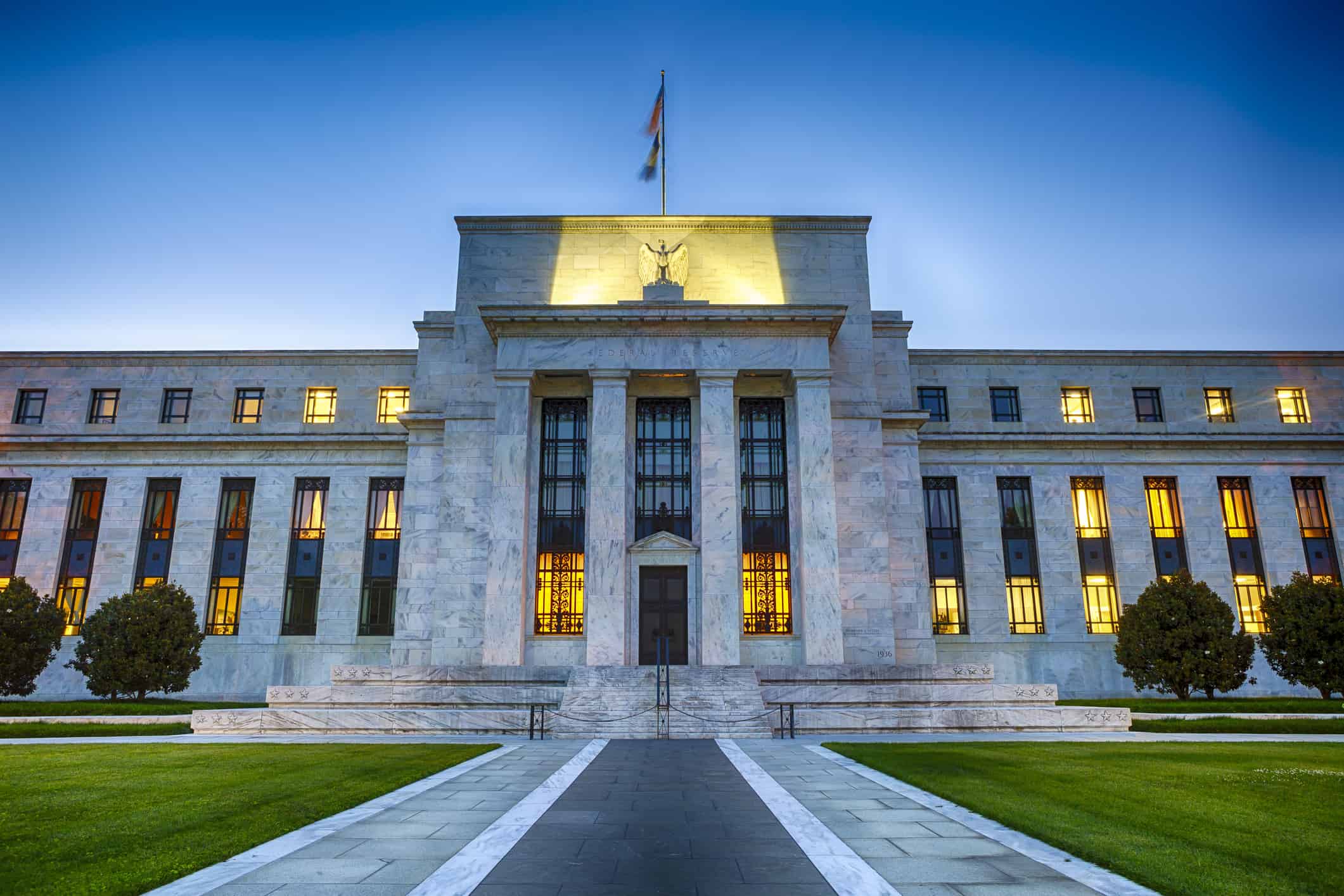If you don't pay off your credit cards every month, you'll probably pay more.
Last week, some people you don’t know (the Federal Reserve Board) changed a number you’ve probably never heard of (called the “benchmark rate”).
In this case, what you don’t know might cost you thousands of dollars.
The Fed, as it’s commonly known, is basically the nation’s central bank. Through a complex system, it can raise the interest rates you pay on your debts, from your credit cards to your mortgages.
Last week, the Fed raised what it calls the benchmark rate by a quarter point. That doesn’t sound like much, but the ripple effect will affect us all — especially since there are signs more rate hikes are to come.
Let’s break it down…
How it works, (sort of)
After two decades as a financial counselor, I know most folks are busy with their own lives and don’t want a history lesson on the Federal Reserve. So let me give you the only background you really need: The Fed raises interest rates whenever the economy heats up. Why? Because that’s one sure-fire way to cool it down.
When the economy is going too strong, there comes the inevitable crash. Anyone who recalls the Great Recession know what that’s like. The Fed prefers an economy that hums along, slowly speeding up. It definitely doesn’t like economic drag-racing.
Conversely, when the economy is tanking, the Fed can keep the wheels from falling off. By lowering interest rates, it encourages investment.
How it affects you (for real)
You don’t need to be an economist to understand that when interest rates go up, you pay more for money you borrow. Right now, the average interest rate for credit card balances is hovering around 17. That’s near a record high.
Think about that: for every dollar you carry on your credit card each month, you owe 17 cents. Sadly, that might become 18, 19, or even 20 cents very soon.
The impact of this rate hike is already being felt.
“Mortgage rates rose to their second-highest level this year on Thursday, on the heels of the Federal Reserve’s decision to raise its benchmark interest rate,” Fox Business reported.
How it hurts you (for years)
Because we spend so many years enduring a struggling economy, an entire generation of adults is unfamiliar with the damage a rate hike can do to a family budget — if they’re even doing it at all. (You really should, starting here.)
Yet according to Debt.com, “157 million Americans have credit card debt to pay off,” and the total amount is more than $1 trillion. Even worse, nearly a quarter “have $0 saved to cover an emergency expenses.”
Where will these otherwise hardworking Americans find the money to pay for the increased cost of borrowing? Simple. They’ll borrow more. Eventually, it will catch up to them, most likely in bankruptcy.
What you can do (and should do)
If you’re carrying credit card balances that you’re struggling to pay down right now, you literally can’t afford to do nothing. The best place to start is very affordable — because it’s free. Call Debt.com for a free debt analysis from a certified counselor. Lean more in Debt.com’s Credit Counseling education center.








